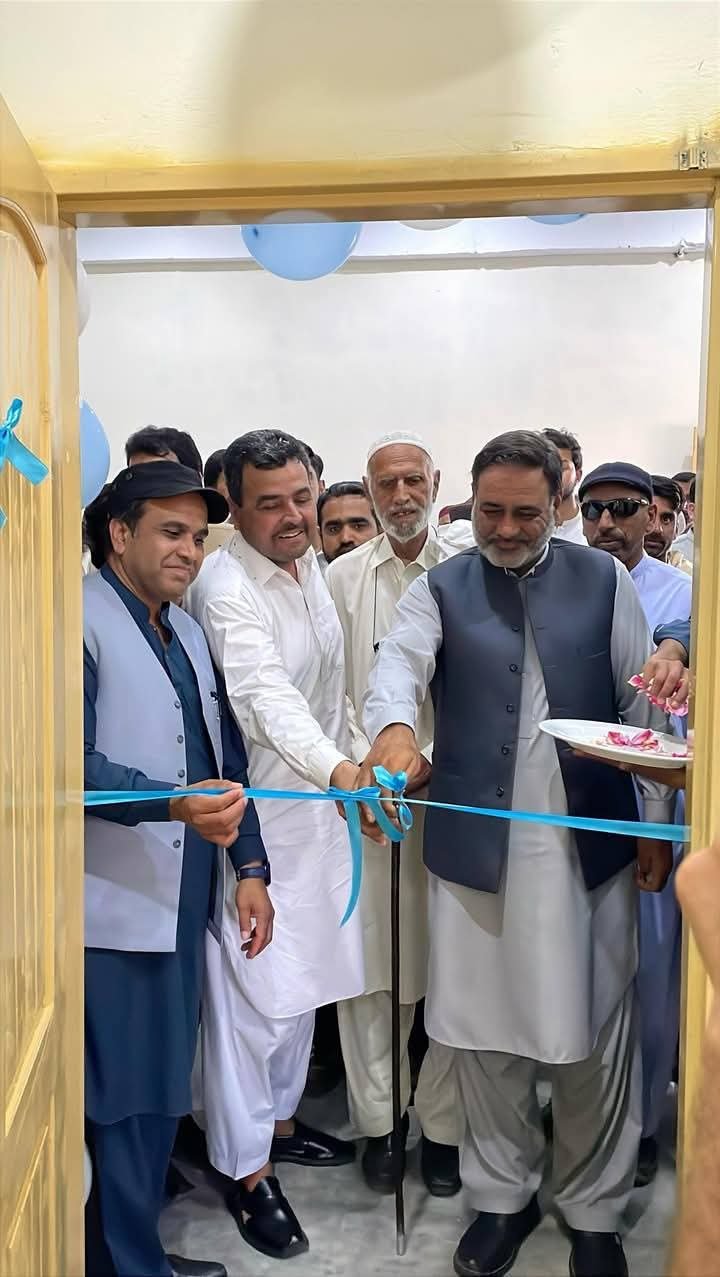Revisiting Jinnahs Economic Vision for a Prosperous Pakistan
As we celebrate Quaid-i-Azam Muhammad Ali Jinnah’s birth anniversary, it’s important to reflect on his economic vision for Pakistan. Jinnah aimed not only for political independence but also for a strong, self-reliant economy. He believed that true independence could only be achieved through economic freedom, emphasizing the need for context-specific solutions rather than blindly adopting Western practices.
Jinnah valued industrialization, economic justice, and good governance. He understood that a strong industrial base is key to prosperity and advocated for policies that promoted local industries and job creation. He also stressed the importance of wealth distribution, highlighting that inequality hampers progress. Furthermore, he was committed to financial discipline and warned against corruption and mismanagement, which continue to challenge Pakistan today.
Unlocking Pakistans IT Potential Overcoming Challenges for a Digital Future
Jinnah envisioned Pakistan as a trading hub and sought international relations to boost economic growth. His dream of a welfare state, where citizens have access to essential services, remains unfulfilled. The country’s current economic struggles, such as rising debt and poverty, show the need to revisit Jinnah’s ideals.
To honor his legacy, Pakistan must focus on reducing foreign debt, promoting industrialization, ensuring equitable wealth distribution, and improving governance. Aligning with Jinnah’s vision can help create a prosperous and sustainable future.







